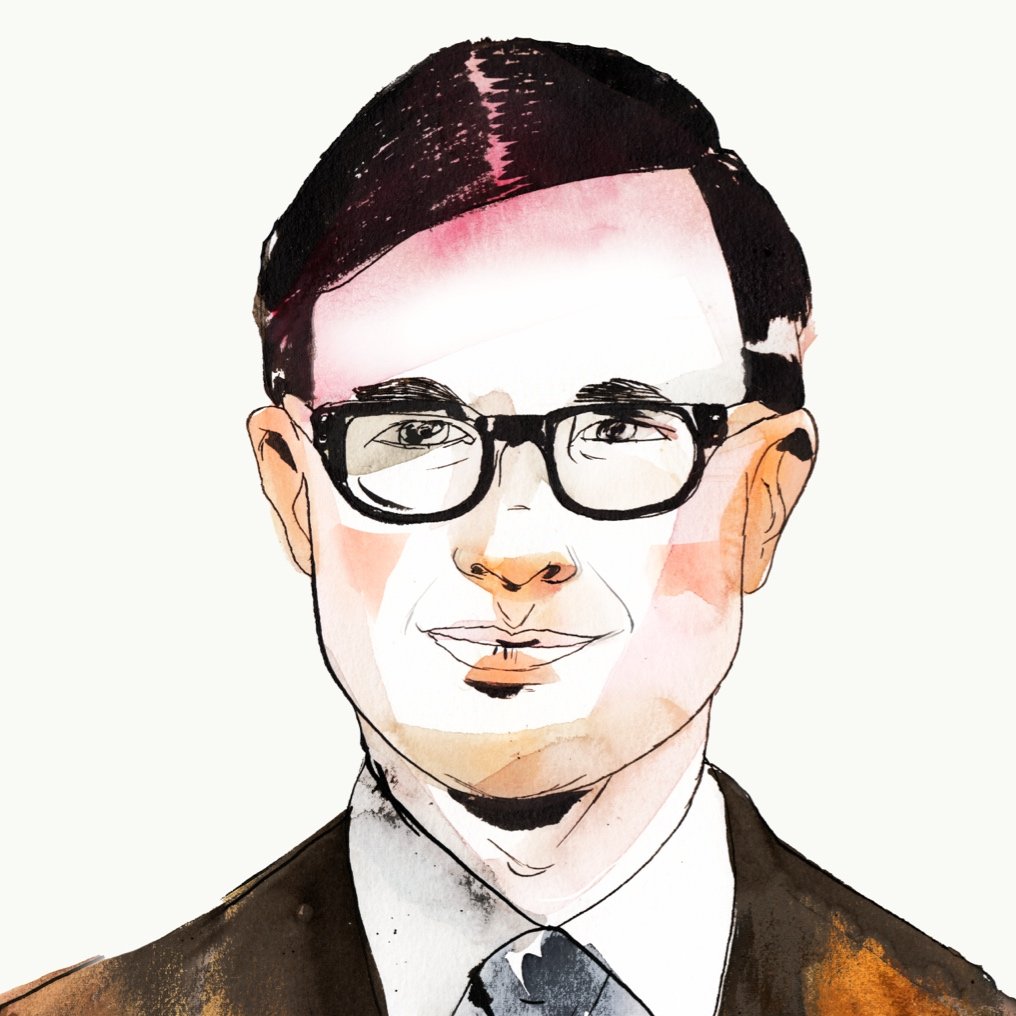One of the stranger responses to the controversy over Juan Williams’ firing was National Review’s attack on public radio for rural America. They singled out for scorn the idea of “coastal liberalism” being broadcast in Ogallalla, Nebraska. They might as well have said O’Neill, my home town in the same state.
O’Neill is a small town, though the largest in the area at about 3,500 people. Each year seventy students graduate high school and, for the most part, leave. For the eighteen years they’re there they listen to one of three stations. One station begins the day by playing “The Star Spangled Banner,” features a daily devotional led by a member of the ministerial association, and also carries a “Pro-Life Update” from National Right to Life. That’s the country station. There’s also a Christian one.
And then there is NPR. When just a few years ago I worked in the summers as an apprentice electrician I would tune in every day at four o’clock for a stream of remarkably calm, far-ranging reporting would carry me to the end of the work day. In a media environment that often blurs the line between information and provocation, article and advert, public radio provided a welcome respite.
I knew other NPR listeners in rural Nebraska: electrical journeymen, shop keepers, school teachers. They noticed NPR’s political and religious blind spots. But they appreciated its consistent effort to put policy before personality and substance before scandal. I am not sure if these virtues are conservative, but the people who valued them were.
Attempts to spot and highlight media bias have, I think, caused us to overestimate its importance in media coverage. Say one station is biased but offers otherwise excellent content while another is unbiased but does spotty and shoddy reporting. Any person willing to expend a little effort in listening can simply ignore the bias and take in the good content, though he may find it necessary to occasionally shake his fist at the radio. Rural Americans are no more susceptible to being buffaloed by liberal bias than their suburban or urban counterparts.
National Review ’s editorial assumes that NPR represents “coastal liberalism” disconnected from middle America. This rhetorical trope goes back to Richard Nixon, who became an unlikely advocate for a “return to localism” when he launched one of the earliest assaults on public broadcasting. This misses just how connected to local communities public radio really is. NPR’s affiliates stretch their shoestring budgets in order to report on state and local issues while producing their own cultural programming. Much of NPR’s nationally syndicated programming is produced and controlled by local stations and retains a hometown flavor.
The alarming decline of traditional news organization and regional papers has, if anything, greatly increased the value of the news coverage provided by America’s many scrappy local NPR affiliates, especially their reporting on state and local issues. Which is why this bit of analysis seemed so far off:
Today we live in an age of surplus media: thousands of television channels, C-SPAN (the privately run organization that does a better job of what it is public broadcasting is supposed to be doing), YouTube, satellite radio, podcasts, blogs, and a smorgasboard of web offerings ranging from dizzying aggregators to nonprofit investigative news sites — is there a commercial market that needs subsidies less ?
All kinds of things in rural America, from the highways to the schools are supported by federal and state largesse. Indeed, the region’s whole economy is underwritten by agricultural subsidies. There are some workable proposals for making NPR financially independent—and viable. One involves the creation of a trust fund that could support its work.
But the suggestion of National Review that NPR rely solely on subscriptions makes little sense. There’s a significant difference between broadcasting in a dense metropolitan center and broadcasting in a sparsely populated and far-flung state. To insist that rural stations rely solely on the subscription model that barely supports urban ones would effectively end public radio in rural America and, in turn, diminish the vitality and voice of its communities.
Matthew Schmitz is managing editor of the Witherspoon Institute ‘s online Public Discourse .

